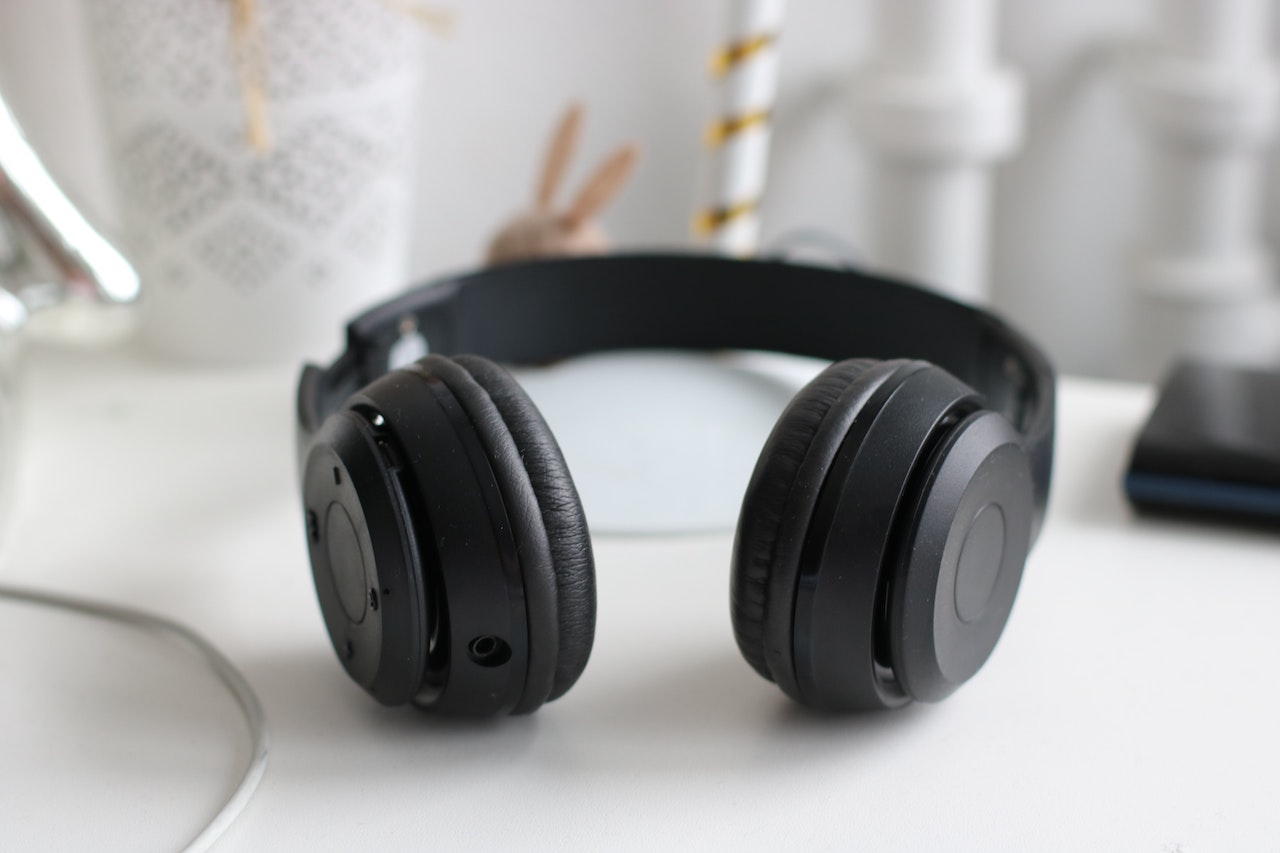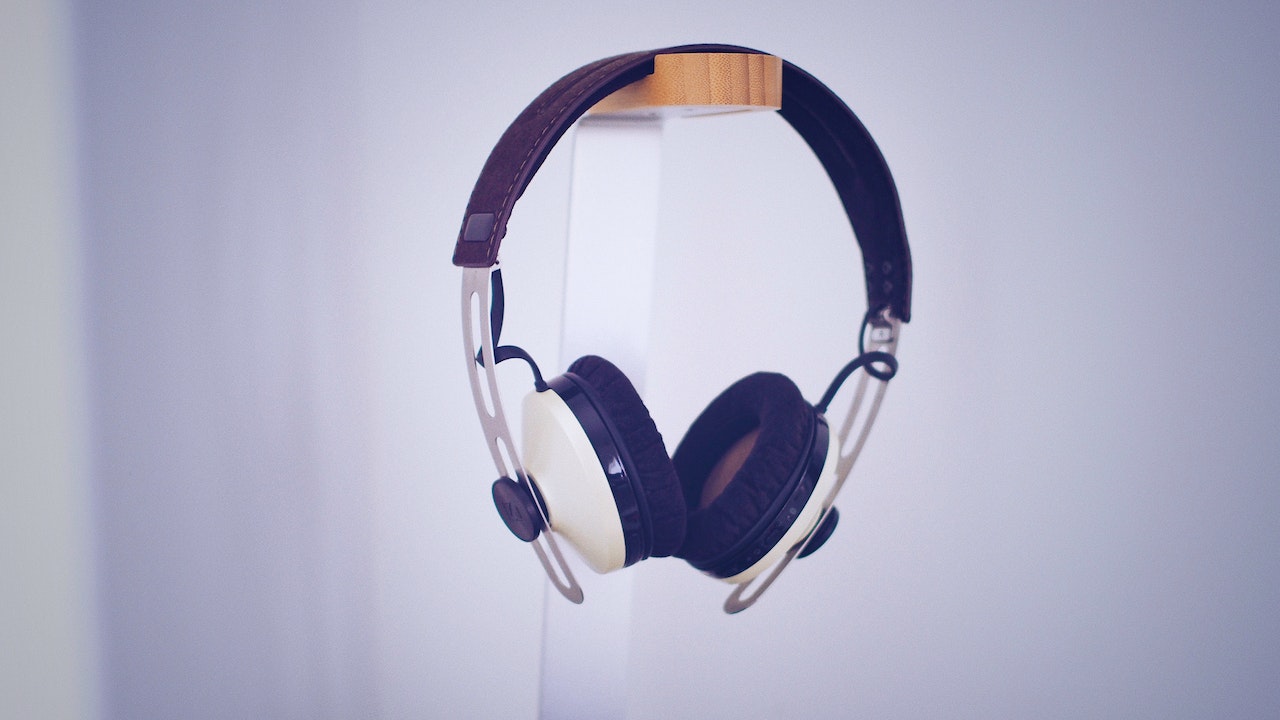How To Choose The Right Pair Of Headphones For Your Needs - From Sound Quality To Style
In this article, we will discuss how to choose the right pair of headphones for your needs. Headphones have become a necessity for many people, whether it be for listening to music, watching videos, gaming, or making phone calls.
Author:Anderson PattersonReviewer:Elisa MuellerApr 08, 202359 Shares59.2K Views

In this article, we will discuss how to choose the right pair of headphones for your needs.
Headphones have become a necessity for many people, whether it be for listening to music, watching videos, gaming, or making phone calls.
However, with so many options available, it can be overwhelming to choose the right pair of headphones for your specific needs.
How To Choose The Right Pair Of Headphones For Your Needs
Headphones are a ubiquitous accessory in our modern world, used for everything from listening to music on a daily commute to taking phone calls and gaming.
With so many options available, it can be overwhelming to choose the right pair of headphones for your needs.
Type Of Headphones
The first factor to consider is the type of headphones you want. There are three main types of headphones: in-ear, on-ear, and over-ear.
In-ear headphones, also known as earbuds, are small and fit directly into your ear canal. They are great for those who want something portable and easy to carry around, but they may not provide the best sound quality.
On-ear headphones rest on top of your ears and are held in place by a headband. They are a good option if you want something more portable than over-ear headphones but still want decent sound quality.
Over-ear headphones, also known as full-size headphones, cover your entire ear and provide the best sound quality. They are ideal for those who prioritize sound quality over portability.
Sound Quality
Sound quality is one of the most important factors to consider when choosing a pair of headphones. While the type of headphones you choose will have an impact on the sound quality, there are other factors to consider as well.
The frequency response range of a pair of headphones will determine how well they reproduce sound. Look for headphones with a wide frequency range for the best sound quality.
The driver size is another important factor to consider. The larger the driver, the better the sound quality will be. However, larger drivers can make the headphones heavier and less comfortable to wear for extended periods.
Comfort
Comfort is another important factor to consider when choosing a pair of headphones. You want headphones that you can wear for extended periods without discomfort.
The weight of the headphones is a key factor in comfort. Over-ear headphones can be heavier than in-ear or on-ear headphones, so make sure to try them on and wear them for a few minutes before purchasing.
The padding on the ear cups and headband is another factor to consider. Look for headphones with soft and comfortable padding that won't cause discomfort or irritation.
Noise Cancellation
If you plan on using your headphones in noisy environments, consider getting a pair with noise cancellation. Noise cancellation uses technology to block out external sounds, allowing you to focus on your music or other audio.
There are two types of noise cancellation: active and passive. Active noise cancellation uses technology to actively block out external sounds, while passive noise cancellation relies on the physical design of the headphones to block out sound.
Connectivity
Finally, consider the connectivity options for your headphones. Wired headphones are a reliable option, but they can be inconvenient if you want to move around while listening to music.
Bluetooth headphones allow for wireless connectivity, but they may have a delay in sound or lower sound quality compared to wired headphones. Look for headphones with Bluetooth 5.0 or higher for the best performance.
Budget
Consider your budget when choosing headphones, as prices can range from very affordable to high-end luxury options. Determine how much you're willing to spend before shopping, and look for options that fit within your budget.
Brand And Reputation
Research the brand and reputation of the headphones you're considering, as well as the specific model. Look for reviews from other users to see how they rate the sound quality, comfort, and other features of the headphones.
Compatibility
Consider the compatibility of your headphones with your devices. If you plan to use them with a specific device, such as an iPhone or Android phone, make sure they are compatible and have the necessary ports or connectivity options.
Style And Design
Lastly, consider the style and design of the headphones you choose. While this may not be the most important factor, you want headphones that you feel comfortable wearing and that match your style.
Durability And Build Quality
Consider the durability and build quality of the headphones you're considering. Look for headphones made with high-quality materials that can withstand regular use and any potential drops or impacts.
Battery Life
If you're considering wireless headphones, battery life is an important factor to consider. Look for headphones with long battery life and quick charging times, so you can use them for extended periods without interruption.
Microphone And Controls
If you plan to use your headphones for phone calls or gaming, consider the quality of the built-in microphone and controls. Look for headphones with clear microphone quality and intuitive controls for easy use.
Accessories And Extras
Some headphones come with additional accessories or extras, such as carrying cases, extra ear tips, or a detachable cable. Consider these extras when choosing your headphones, as they can add value and convenience.

Find your ideal headphones with our in-depth buying guide
Trial Period And Return Policy
Lastly, consider the trial period and return policy of the headphones you're considering. Some companies offer trial periods or generous return policies, allowing you to try the headphones and return them if they don't meet your expectations.
Intended Use
Think about how you will be using your headphones most often. Will you be using them for commuting, working out, or at home? Certain features, such as portability or durability, may be more important depending on your intended use.
People Also Ask
Which Headphone Does Not Damage Ear?
A much better choice than earbuds is over-the-ear headphones. As a general rule, over-the-ear headphones are more comfortable to wear than earbuds because they don't direct sound directly into your eardrums
Which Headphone Is Best Wired Or Wireless?
The sound quality of wired headphones is generally better than that of wireless headphones. Wireless headphones have improved quite a bit in sound quality with the latest advances in wireless technology.
Can Noise Cancelling Headphones Cause Ear Damage?
Although noise-canceling headphones and earbuds allow you to listen to music at lower volumes without ambient noise disturbances, they do not control the music's volume. Hearing damage may occur if the noise level exceeds 85 dBA.
Conclusion
I hope now you know how to choose the right pair of headphones for your needs.
Choosing the right pair of headphones can greatly enhance your audio experience, whether it be for music, videos, gaming, or phone calls.
When choosing headphones, consider the type of headphones, sound quality, comfort, noise cancellation, and connectivity options.
By taking these factors into account, you can find the perfect pair of headphones to meet your needs and enhance your audio experience.

Anderson Patterson
Author
Anderson Patterson, a tech enthusiast with a degree in Computer Science from Stanford University, has over 5 years of experience in this industry.
Anderson's articles are known for their informative style, providing insights into the latest tech trends, scientific discoveries, and entertainment news.
Anderson Patterson's hobbies include exploring Crypto, photography, hiking, and reading.
Anderson Patterson's hobbies include exploring Crypto, photography, hiking, and reading.
In the Crypto niche, Anderson actively researches and analyzes cryptocurrency trends, writes informative articles about blockchain technology, and engages with different communities to stay updated on the latest developments and opportunities.

Elisa Mueller
Reviewer
Elisa Mueller, a Kansas City native, grew up surrounded by the wonders of books and movies, inspired by her parents' passion for education and film.
She earned bachelor's degrees in English and Journalism from the University of Kansas before moving to New York City, where she spent a decade at Entertainment Weekly, visiting film sets worldwide.
With over 8 years in the entertainment industry, Elisa is a seasoned journalist and media analyst, holding a degree in Journalism from NYU. Her insightful critiques have been featured in prestigious publications, cementing her reputation for accuracy and depth.
Outside of work, she enjoys attending film festivals, painting, writing fiction, and studying numerology.
Latest Articles
Popular Articles
